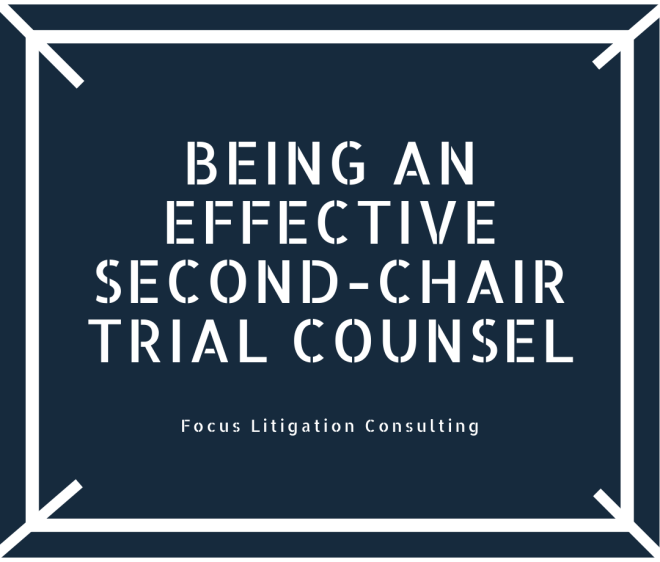Are you in the process of searching for the perfect trial image consultant in Ft. Lauderdale or Miami? If so, then you may be feeling a bit overwhelmed by all of the different options that are available to you. With so many different consultants out there, how can you possibly know which one is the right fit for your needs?

There are a few key things that you will want to keep in mind as you are searching for a trial image consultant. Here are five tips that will help you choose the right one:
1. Look for a consultant who has a lot of experience.
When it comes to choosing a trial image consultant, experience is definitely key. You want to work with someone who knows what they are doing and who can help you look your best.
Make sure to ask the consultant how long they have been doing this type of work. It is a good idea to hire a consultant with 5 or more years of experience, that way you can be reasonably assured that they know what they are doing.
Experience isn’t all about time in the business though; it also means the scope of cases and sectors you have dealt with. The best image consultants will have a wealth of experience with different kinds of clients, ranging from attorneys, in-house counsel, insurers, governmental entities, and companies.
2. Make sure the consultant has a good reputation.
You will also want to make sure that the consultant you choose has a good reputation. You don’t want to work with someone who is going to let you down or who is going to give you bad advice.
Do some research online to see what other people are saying about the consultant you are considering. Read reviews and testimonials to get a better idea of what others think of their services.
It is also a good idea to ask for referrals from people you know and trust, who have used an image consultant in the past. Your friends and family care about you, so they are less likely to recommend subpar services.
3. Look for an all-in-one trial team.
What’s better than one consultant? A whole coordinated team of them.
You should consider looking not just for a singular trial image consultant in Ft. Lauderdale, but for one that comes from a full-service litigation consulting firm that provides more than just trial image consultations. With so many different moving parts when it comes to trials, like research, trial, mediation, etc., you don’t want to have to worry about finding different consultants for each individual task.
A full-service litigation consulting firm can provide you with everything you need, from start to finish. This will make the trial process much easier for you in terms of organization and stress and will help ensure that your case is a success.
4. Consider the cost.
Of course, you will also want to consider the cost of hiring an image consultant. You don’t want to overspend on this service, but you also don’t want to skimp and end up with someone who is not qualified.
Get quotes from a few different consultants before making your decision. This will give you a better idea of what the average cost is for this type of service.
5. Make sure the consultant is a good fit for you.
Last but not least, make sure to choose a consultant who is a good fit for you. Don’t choose someone just for their qualifications; they also need to be someone who communicates in a way that you can handle. You essentially want to work with someone who you feel comfortable with and who understands your needs.
Take the time to interview a few different consultants before making your final decision. This will help you find the perfect one for you.
Miami Trial Image Consultants
There are many different image consultants to choose from, so take your time and find the right one for you. With a little bit of research, you will be able to find the perfect consultant to help you with your specific needs.
If you follow these five tips, you are sure to find the perfect trial image consultant in Ft. Lauderdale or Miami. Good luck!







